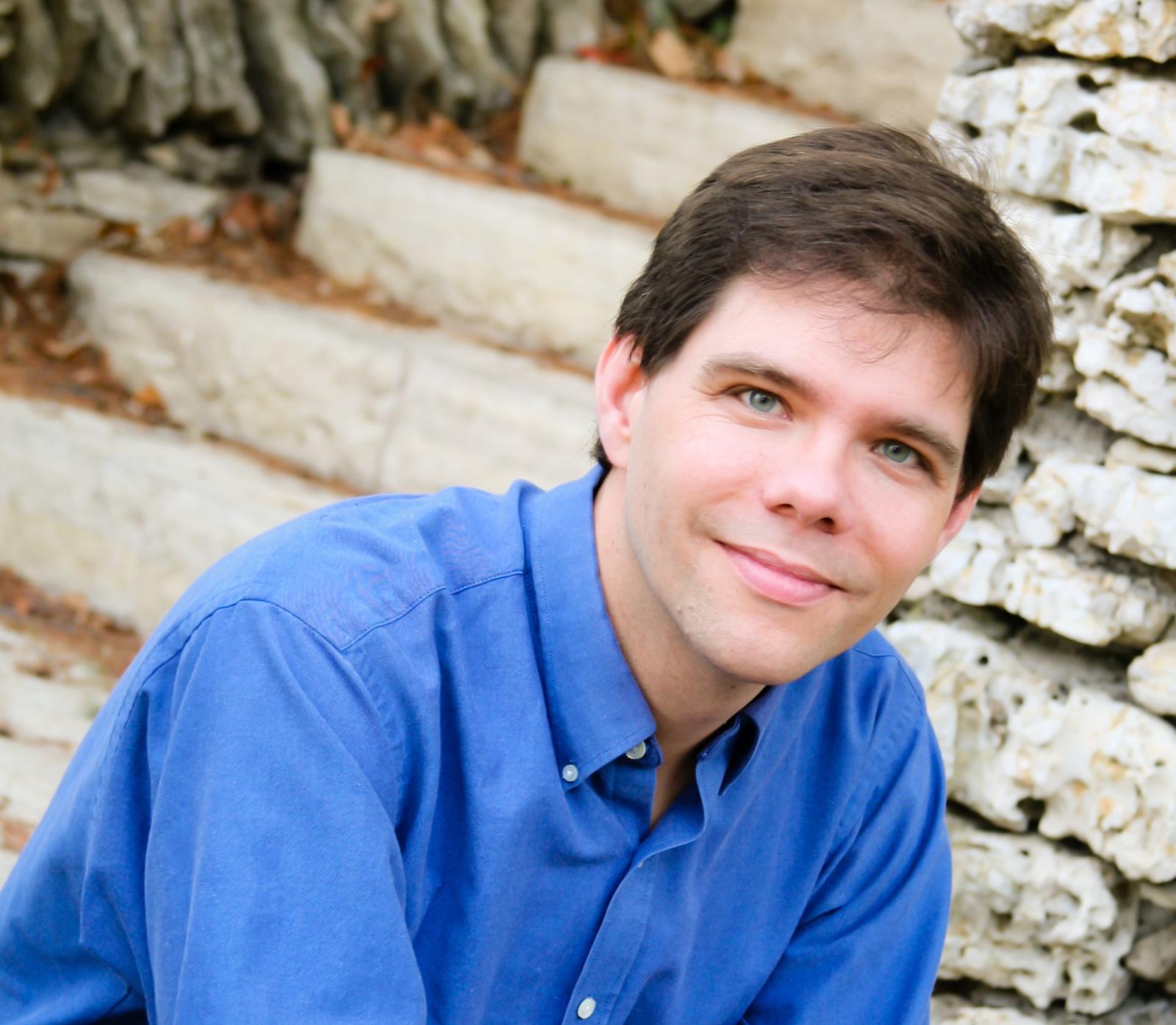For Brooke Joyce ’95, music has been much more than an overture to a career—it encompasses his passion for community and advocacy.
Joyce reflected upon his journey as a musician and composer after earning two awards from the American Guild of Organists (AGO)—awards given to musicians who present an idea for a commissioned piece along with their portfolio. Winning composers are then commissioned to write the piece.
Joyce, Luther College’s composer-in-residence, submitted proposals in two categories: the Publishing Award in Choral Composition and the Marilyn Mason Award in Organ Composition. He received both awards, and he’s now composing two pieces that will be performed at the 2024 AGO Conference in San Francisco.
“It was a validation of the work I’ve done,” Joyce said.
He credits Lawrence with creating a strong foundation for his musicianship. He honed his ability to hear music in his head—a skill vital for composition—during his time as a student. Joyce said piano professors Allen Gimbel and Catherine Kautsky and organ professor George Damp always pushed him to explore his own capabilities and ideas.
“Every once in a while, I’ll pull out music I worked on in college and I’ll see their handwriting in that music,” Joyce said. “There’s something that’s just so special about it … those lessons I learned from them I think about all the time.”
Integrate intellectual and musical virtuosity in a supportive community that will empower you to find your musical path.
While at Lawrence, Joyce made close connections with other musicians, which allowed him to create a portfolio full of fantastic recordings. His path since then is decorated with notable honors.
After Lawrence, Joyce began studying at the Cleveland Institute of Music, where he earned his master’s. While there, he received the Darius Milhaud Award in recognition of his composition work.
He also received the Joseph Bearns Prize from Columbia University. The award was key to his acceptance to Princeton University, where he earned his doctorate.
Joyce later received the Wayne Peterson Prize, which awarded him with a performance of his piece by the San Francisco Youth Symphony. The opportunity for an orchestra performance was a great publicity and networking opportunity, he said.
Joyce has been at Luther College since 2005, teaching composition and musicianship. He said he has loved working with another liberal arts institution.
“I feel that for most students, a liberal arts education is a great way to do college,” Joyce said.
Joyce has found the community of Decorah, Iowa, a fantastic fit for his music. He directs the choir and instrumental ensemble at his church. He loves playing the piano for service every week and has found it to be a great way to stay in touch with his performance skills.
“That spiritual part of me is important, and doing church music is a great outlet,” he said.
Joyce is also an advocate within the composition world, advocating for opportunities for young composers and underrepresented composers. As a professor, Joyce puts traditionally marginalized composers at the forefront of his curriculum. By doing so, he hopes students will notice other areas of their studies where this isn’t happening and ask themselves why.
Joyce teaches theory courses in music that has been historically marginalized, too, such as hip-hop.
“Ultimately, musicians and artists do have the power to change the world…in the way we make people feel and make people think,” Joyce said.
In addition to writing the commissioned AGO pieces, Joyce is working on two concert pieces using air quality data from Madison, Wisconsin. One is a commission from the Wisconsin Music Teachers Association, facilitated in part by Michael Mizrahi, Lawrence’s Frank C. Shattuck professor of music. Joyce said he is looking forward to giving a sound to environmental problems.
Joyce also gave advice to current and future Lawrentians: “Don’t be afraid to change your mind,” he said. “Listen to your instructors and take all of the creative and intellectual risks that you possibly can.”



